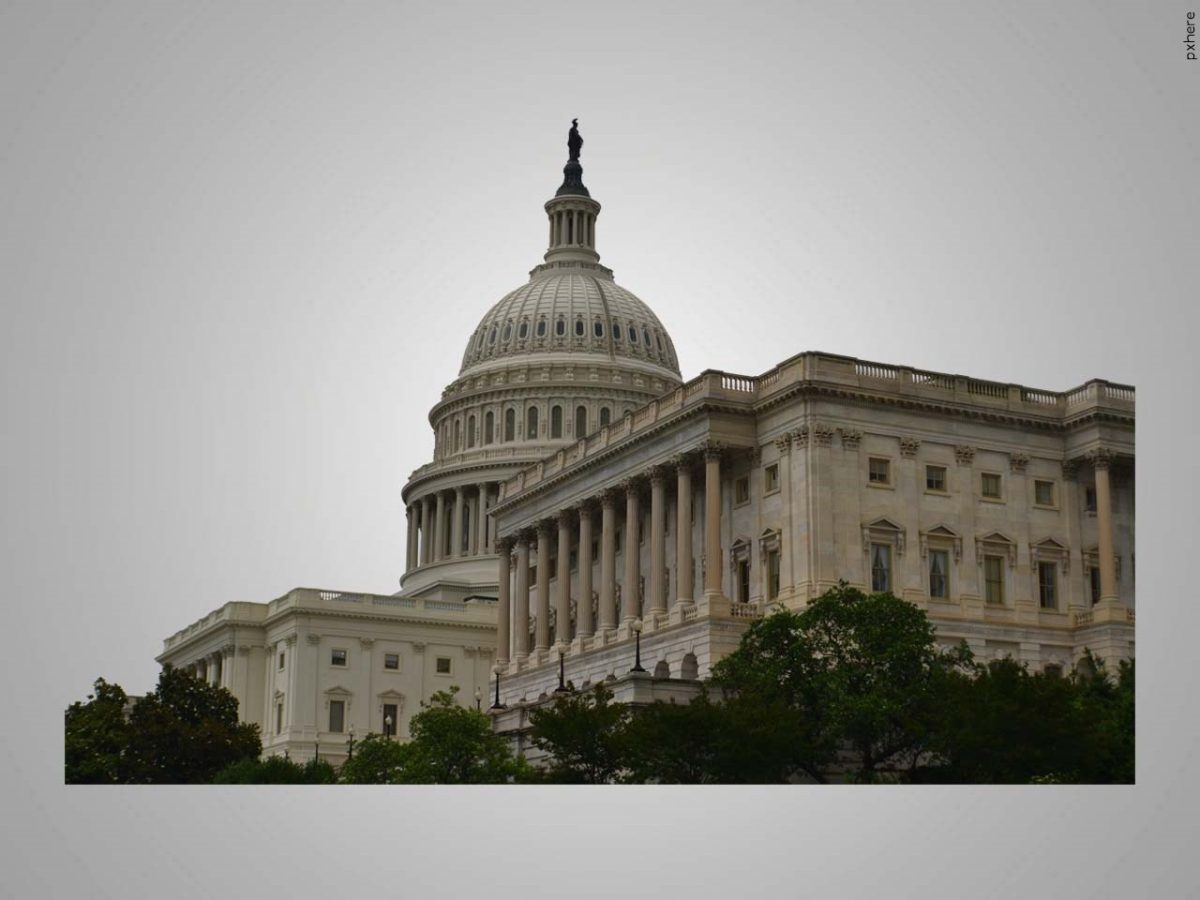The United States government avoided a shutdown by passing a stop-gap spending bill to extend funding for federal agencies. This bill was passed only hours before the Oct. 1 deadline and extended the federal budget until Nov. 17.
This started with budget disagreements between the White House, Senate and House of Representatives last month. This forced President Joe Biden to sign the extension bill, which was passed in the House and Senate, into law.
A government shutdown is initiated when Congress or the president disagrees with a spending bill that funds the operation of the federal government. This budget process was established in 1976. Since then, 10 government shutdowns have occurred.
If the government shuts down, then non-essential federal workers are told not to come to work until the shutdown is over. Benefits such as Medicare and Social Security are still intact, but food-safety inspections, small-business loans, passport applications and more are not available during a shutdown.
“A shutting down of the government is not ideal at all, especially if it means many people losing jobs,” said Keller Pantsari, a senior mass communication major. “If spending cuts means no shutting down of the government, then I side with conservatives.”
The plans for a shutdown are often specific. For example, the Securities and Exchange Commission’s, or SEC’s, contingency plan warns of the possible effects of a shutdown.
“During the shutdown, employees who have not been designated as excepted may not volunteer to work without pay,” the SEC said. “Such voluntary services are a violation of the Antideficiency Act and will not be permitted under any circumstances.”
The last time the U.S. government had a shutdown, it occurred from Dec. 22, 2018, to Jan. 5, 2019. This five-week shutdown cost about $18 billion in federal spending and impacted millions of federal workers across the nation.
“A government shutdown would be less than ideal,” said Addison Stockdale, a sophomore psychology major. “Spending money that we do not have is pointless, especially with the debt that we already have accumulating. I feel that the best and most logical solution would be to stop spending money and make budget cuts until the problem can be resolved.”
Because of issues with the budget and disagreement among House Republicans, Kevin McCarthy was ousted as speaker of the House earlier this week. This is the first time in U.S. history that a speaker of the House has been voted out of office.
Congress will hold a speaker election on Oct. 11, where an agreement must be reached on 12 federal spending bills before the Nov. 17 deadline is up. These appropriation bills have only been passed by Congress on-time on four occasions.
“I really hope Congress approves enough of those bills so that this whole thing can come to an end,” said Ashlyn Hawley, a junior early education major. “A shutdown would be awful for our country right now, and I would hate to see a lot of people lose their jobs.”
The funds allocated by the 12 bills will go towards pre-existing bills and programs that support foreign operations, the environment and military construction. Of course, this depends on whether Congress approves or denies these appropriations.


